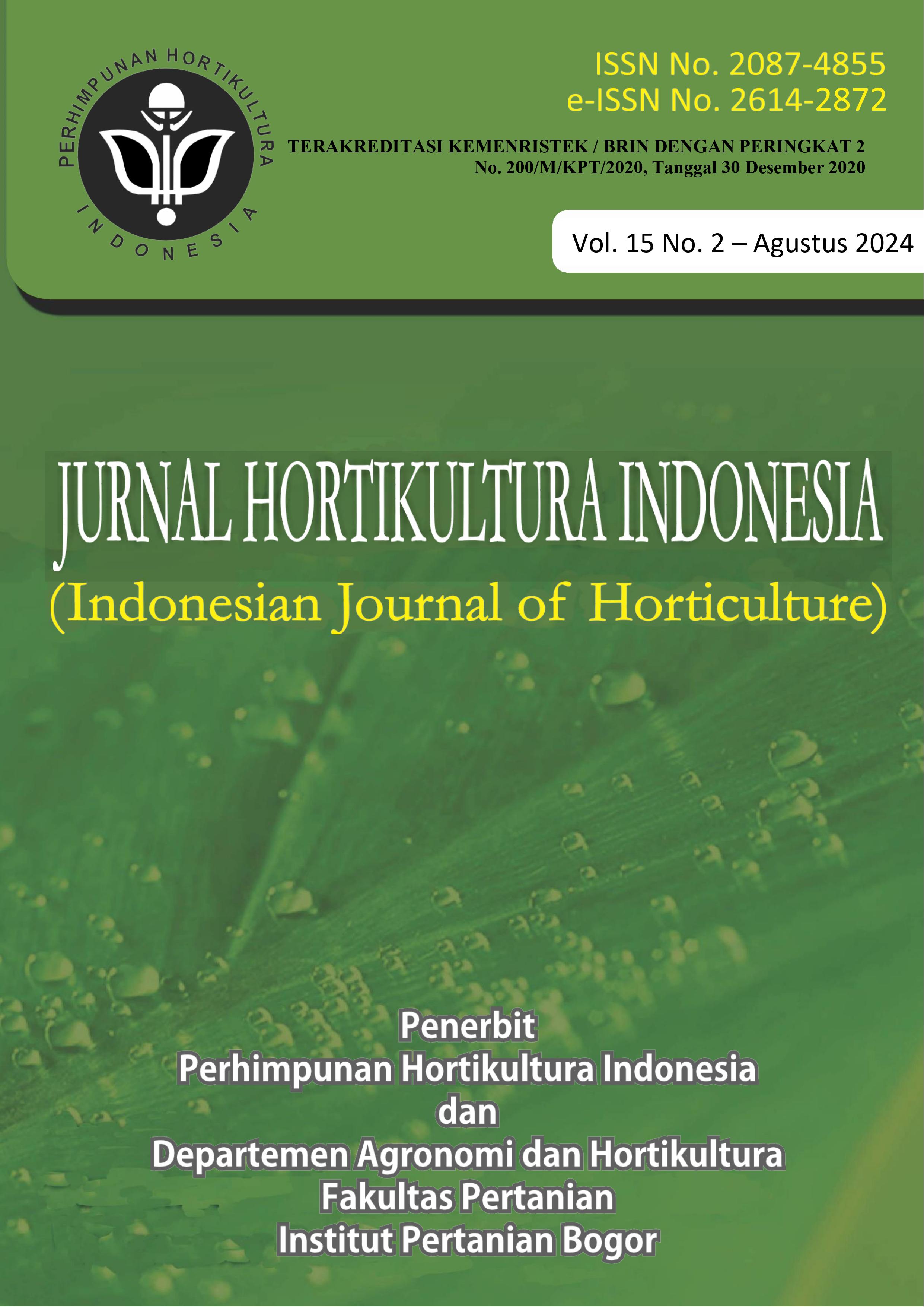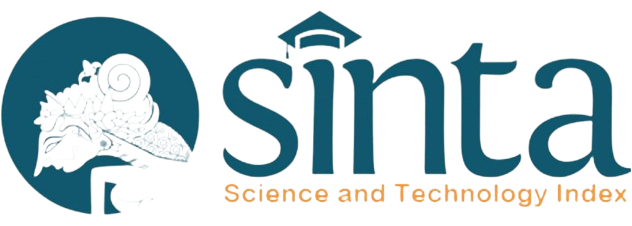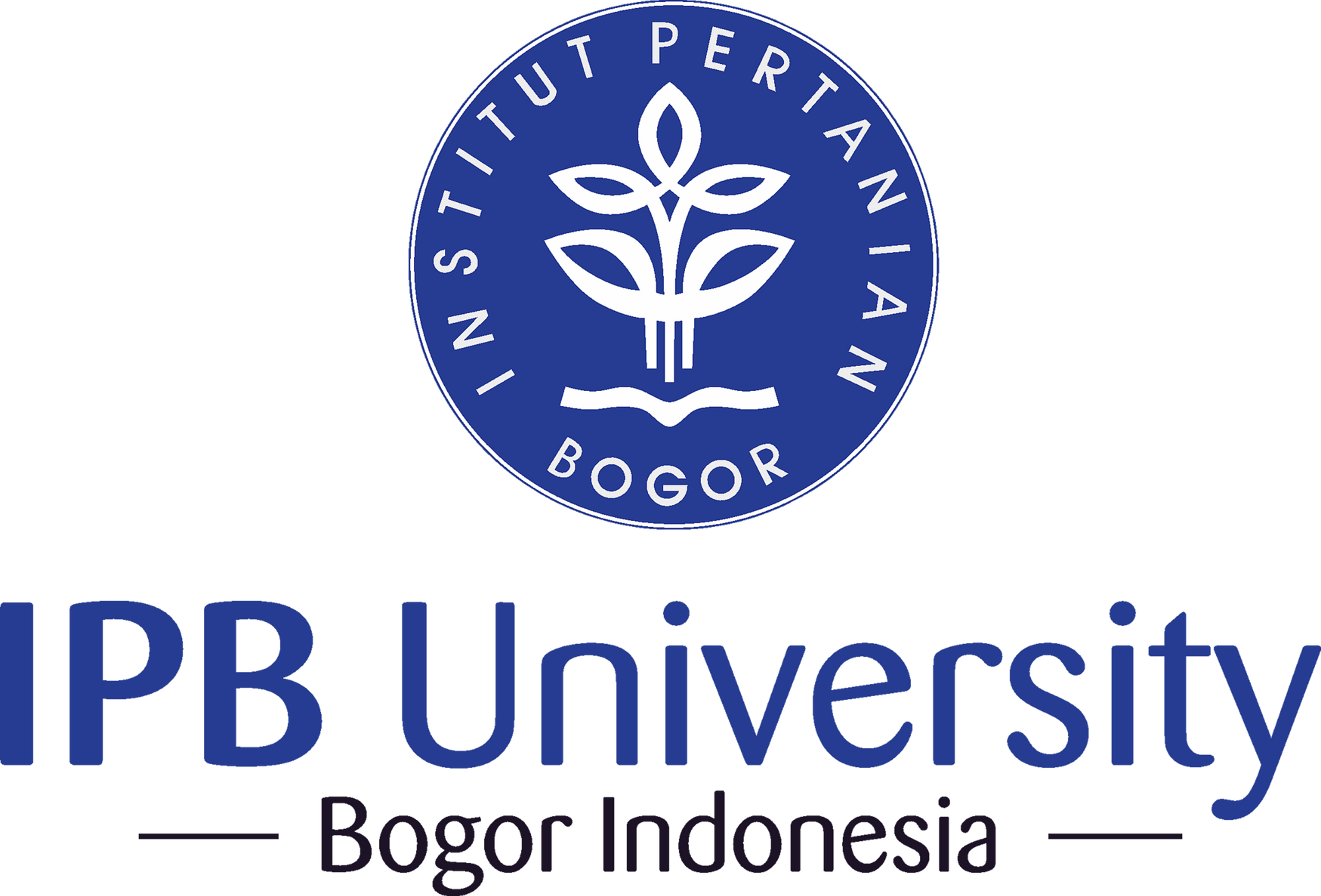Pengaruh Limbah Sawit dan NPK terhadap Hasil Pakcoy (Brassica rapa subsp chinensis) menggunakan Media Tanah Berpasir
The Effect of Palm Oil Waste and NPK on Pakcoy (Brassica rapa subsp chinensis) Results Using Sandy Soil Media
Abstract
Pakcoy is a leaf vegetable that comes from tropical and subtropical regions. The advantages of pak choy compared to other vegetables are that it has high economic value, short harvest time, wide adaptability and long-lasting harvest, namely around 10 days, so it has great prospects for cultivation. The research aims to analyze and determine the effect of the interaction of a mixture of boiler ash waste and fiber and NPK fertilizer (2 factors) on the growth and yield of pakchoy. The research used a factorial Completely Randomized Design (CRD) with two treatment factors and 3 replications. The first treatment factor is the dose of waste mixed with boiler ash and palm fiber while the second treatment is NPK fertilizer. The results of the research showed that the interaction between the treatment of a mixture of boiler ash waste and lint and NPK fertilizer had a very significant effect on plant height, number of leaves, leaf width, fresh weight of the plant, fresh weight of the crown, weight and harvest index. The best treatment for the fresh crown weight variable when applying a mixture of boiler ash and lint waste is 19.35 g polybag-1 or 12 tons ha-1, while the best treatment for NPK fertilizer is 0.48 g polybag-1 or 350 kg ha-1.
Keywords: boiler ash waste compost, fiber compost, growth, yield













